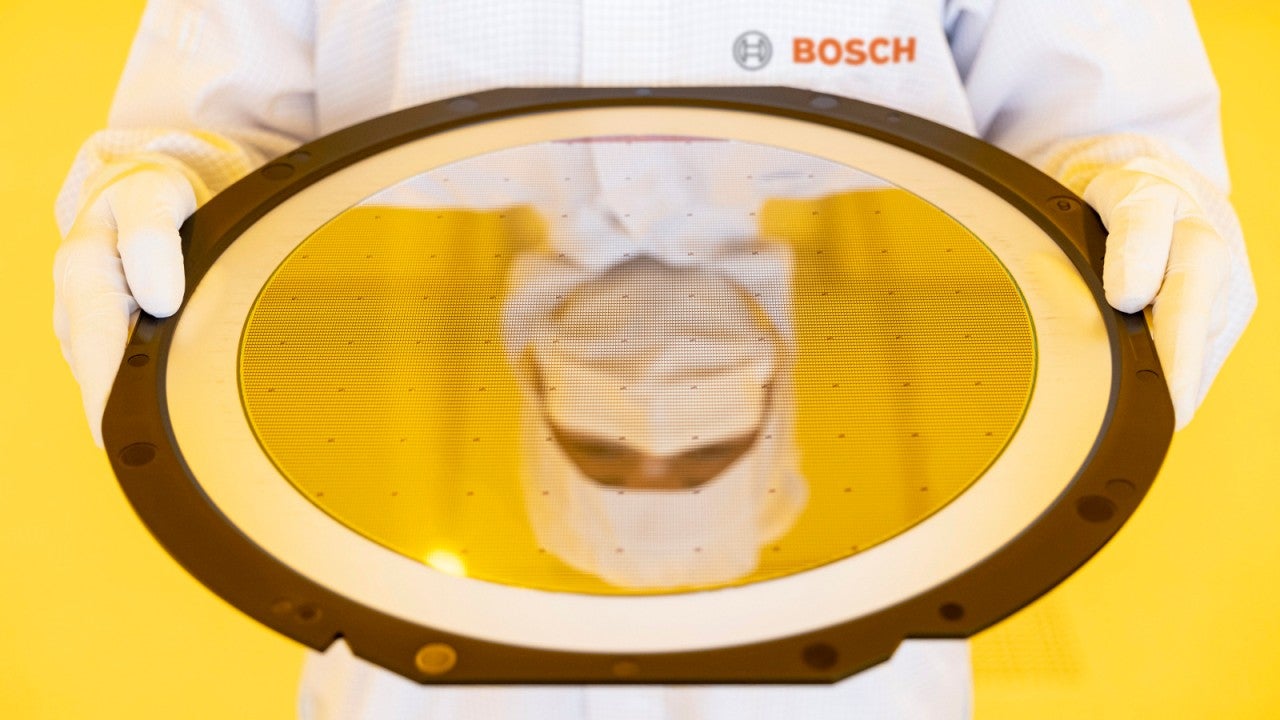
German company Bosch has announced plans to buy key assets of the US-based TSI Semiconductors to bolster its chip business.
Bosch did not disclose the terms of the deal, which is subject to regulatory approval.
The company said it plans to invest more than $1.5bn in the Roseville, California-based TSI to produce silicon carbide (SiC) for electric vehicles.
TSI is a foundry for application-specific integrated circuits (ASICs).
At present, its primary focus is on manufacturing a high volume of chips using 200-millimetre silicon wafers for various industries such as mobility, telecommunications, energy, and life sciences.
Production of the initial chips using innovative material SiC on 200-millimetre wafers is set to commence in 2026 in nearly 10,000 square meters of clean-room space.
How well do you really know your competitors?
Access the most comprehensive Company Profiles on the market, powered by GlobalData. Save hours of research. Gain competitive edge.

Thank you!
Your download email will arrive shortly
Not ready to buy yet? Download a free sample
We are confident about the unique quality of our Company Profiles. However, we want you to make the most beneficial decision for your business, so we offer a free sample that you can download by submitting the below form
By GlobalDataBosch said the Roseville location will act as the “third pillar” for its semiconductor business after Reutlingen and Dresden facilities in Germany.
The automotive industry has a high demand for chips, which is driven by the global increase and growth of electric vehicles (EVs).
The market for SiC chips is also growing rapidly, with an average annual growth rate of 30%, Bosch added.
Bosch board of management member and chairman of the Mobility Solutions business sector Markus Heyn said: “SiC chips are a key component for electrified mobility. By extending our semiconductor operations internationally, we are strengthening our local presence in an important electric vehicle market.”
Bosch claimed that SiC chips can improve the range and charging efficiency of EVs by consuming up to 50% less energy.
The company anticipates that by 2025, it will have an average of 25 of its chips integrated into each new vehicle.
Bosch’s announcement comes a day after the US government published a paper outlining the vision for a National Semiconductor Technology Center (NSTC).
The US plans to establish new semiconductor manufacturing and design facilities across the country to reduce its dependence on Asia for chips.







